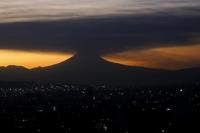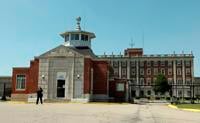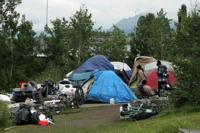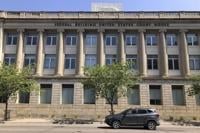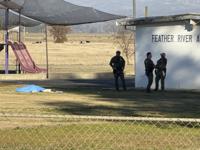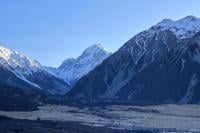MEXICO CITY (AP) ÔÇö MexicoÔÇÖs ║┌┴¤│ď╣¤═° Disaster Prevention Center said Wednesday the Popocat├ępetl volcano, located just 50 miles from the country's capital, has erupted 13 times in the past day and urged people to not try to climb it due to debris shooting out of the crater.
Volcanic ash from the Popocat├ępetl disrupted flights out of Mexico City's largest airport on Tuesday and caused another airport even closer to the volcano to temporarily suspend activity.
Mexico City's Benito Juárez international airport said at least 22 flights were cancelled due to safety concerns after ash was found in some planes during safety checks. Other flights were rerouted to different parts of Mexico.
In Puebla, a city close to the volcano, airport operations were temporarily suspended on Wednesday due to the gas and fumes coming from the ÔÇťPopoÔÇŁ. The airport said staff was hard at work cleaning up the ash floating down from above.
Mexico City's airport also warned Wednesday that ÔÇťoperations could be suspendedÔÇŁ with its website showing a number of cancellations and delays.
ÔÇťOur priority is safety in operations,ÔÇŁ the airport's official account posted on X, formerly Twitter, adding that it is continually monitoring flight conditions.
According to the airport, the ash has produced a slew of safety concerns. Volcanic ashes are especially dangerous for aviation, not only because they reduce visibility but because they can act as an abrasive, damaging an aircraftÔÇÖs wings and fuselage. In airports, the ashes can coat runways, hurt airport personnel and cause a number of other logistical issues.
The volcano has been active for half a million years and regularly erupts. Last year, large after nearby towns were coated in ash, but volcanologists called the activity ÔÇťnothing new or surprisingÔÇŁ.
Its last major eruption happened more than a thousand years ago.
____
Follow APÔÇÖs coverage of Latin America and the Caribbean at


